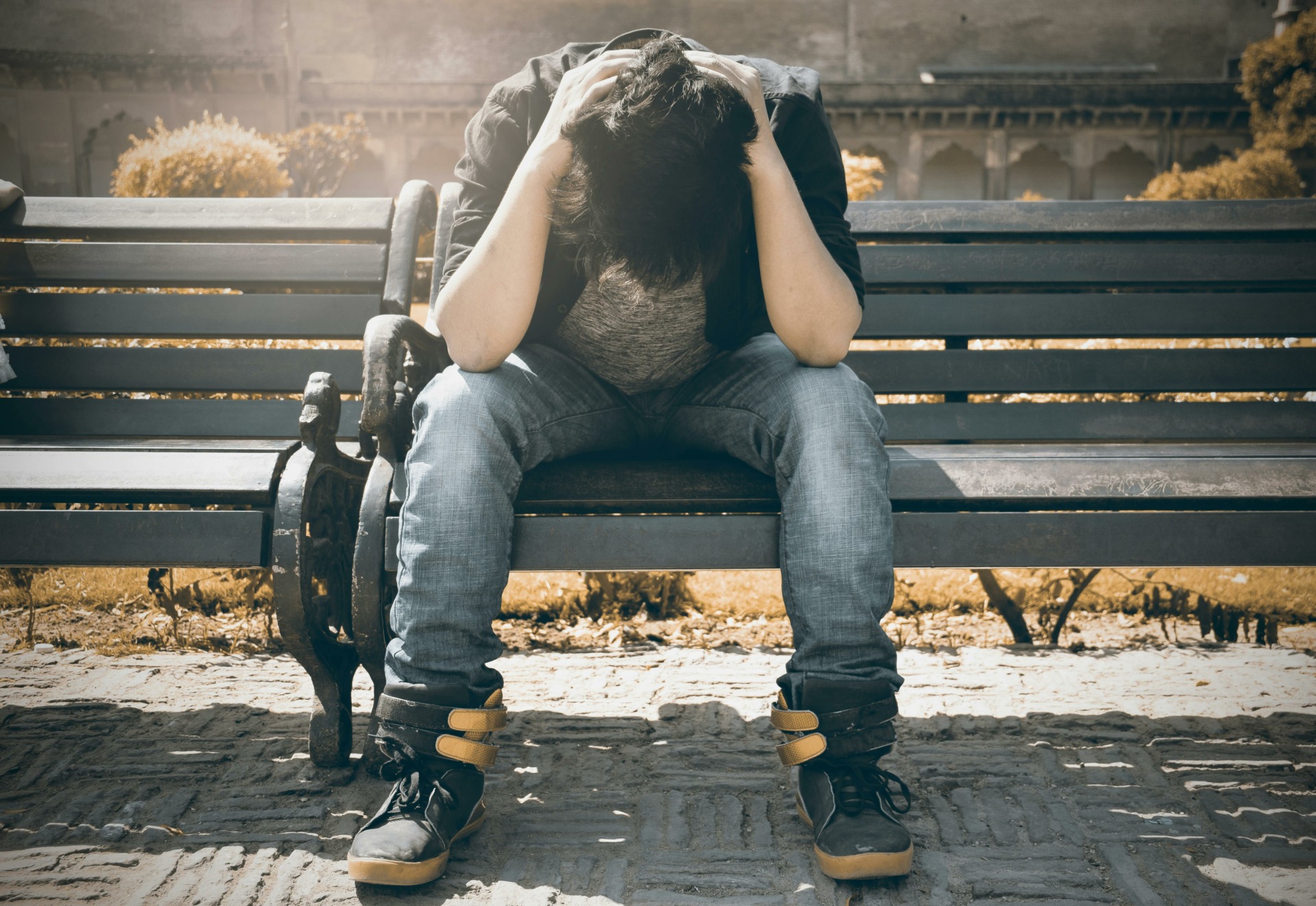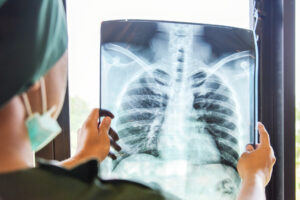Post Traumatic Stress Disorder (PTSD) is likely to affect 7.8% of Americans at some point in their lives and can be truly debilitating without proper treatment.
So what is PTSD, exactly? It’s defined as a mental health issue that can develop after experiencing or witnessing a life-threatening event, specifically combat, natural disasters, car accidents or sexual assault.
FOLLOW US ON FACEBOOK & INSTAGRAM
The most common treatment for PTSD is the use of pharmaceuticals, specifically antidepressants and opioids. These prescription drugs can be effective, but also addictive and harmful in the long term, which is why so many with PTSD look for alternative and effective options. Luckily, there are holistic treatments and lifestyle changes that can help.
RELATED: NEW FINDS ON PTSD AND MEDICAL MARIJUANA
Holistic Treatments for PTSD Can Include Cannabis
Veterans Affairs and other reputable organizations rightly state that there’s little to no medical research proving cannabis to be a safe and effective treatment for PTSD. But this is misleading. While the current medical research is sparse, it’s largely because cannabis is classed as a Schedule 1 drug, making it all but impossible to get medical research trials approved.
But plenty of anecdotal evidence shows cannabis to be an effective treatment option. In fact, observational and anecdotal research on her own psychiatric patients led Dr. Sue Sisley to begin her cannabis and PTSD research. She’s now the principal investigator on the first FDA-approved clinical trial testing the efficacy of medical marijuana as a treatment for PTSD.
If you’re looking to add medical marijuana to your routine in the hopes of finding relief from PTSD, try an anxiety-relief tincture as a good way to start. It’s a liquid that you take sublingually (under the tongue) so there’s no smoking or vaping involved. The high CBD content is good for treating PTSD and inflammation.
If you’d like to vape or smoke, a strain that seems to work well for combating PTSD symptoms is Mr. Nice. It’s an indica-dominant strain that people use not only for PTSD but insomnia and chronic pain, too.
Support Systems for PTSD Sufferers
A 2007 study looked at the robust literature regarding social support and its effect on stress and mental health. The review concluded that there are “protective effects of having access to rich and functional social networks on maintaining physical and psychological health.”
If you’re suffering from PTSD and looking for social support outside of your network of family and friends, try attending a PTSD support group. You can search the support group finder on Psychology Today’s website to locate a group near you.
Trauma-Sensitive Yoga to Help Treat PTSD
Oftentimes, those with PTSD complain of loss of awareness when it comes to their physical and emotional state in the present moment. Since yoga focuses on being fully present, it shows promise as a complementary treatment for those suffering from PTSD.
A 2017 study published in The Journal of Alternative and Complementary Medicine looked at the effectiveness of trauma-sensitive yoga for managing PTSD. Thirty-one adult women with PTSD from early childhood trauma participated in the study and the researchers concluded that yoga helps “regulate affective arousal, increases ability to experience emotions safely in the present moment, and promotes a sense of safety and comfort within one’s body.”
While yoga shouldn’t be used as a singular treatment for PTSD, it’s a good complementary lifestyle change to help strengthen the efficacy of primary treatments.
Increased Exercise to Manage PTSD Symptoms
Exercise is a well-known and effective stress reliever. It releases endorphins, which help improve and elevate mood. But exercise—specifically movement that engages your arms and legs—is also great for practicing mindfulness. Good exercises to choose from include boxing, running, swimming, dancing and rock climbing. Engaging in 30 minutes of these types of activities daily can help manage symptoms of PTSD by lowering stress levels and encouraging awareness of emotional and physical feelings.
Exposure Therapy to Help Ease PTSD
Another psychological treatment that’s widely used to treat PTSD is exposure therapy, which focuses on confronting fears rather than avoiding them. The idea behind exposure therapy is that while avoiding fears that relate to traumatic experiences can be a viable option in the short term, it’s actually healthier in the long run to confront those fears. A psychologist can identify the type of exposure therapy method that would be the best path for you.
A 2011 study looked at the wide body of medical research regarding exposure therapy and PTSD. This study concluded that exposure therapy, following a wide range of traumas, has a long and successful clinical history, and recent research generally supports the efficacy of exposure treatment for PTSD.
If you’re struggling with PTSD, remember, you’re not alone. It’s important to talk with your doctor before making any changes to your prescription medicine routine, but these and other lifestyle changes could be important pieces to the puzzle of helping ease your PTSD symptoms.
If you’re new to cannabis and want to learn more, take a look at our Cannabis 101 post. HelloMD can help you get your medical marijuana recommendation; it’s easy, private and 100% online.






